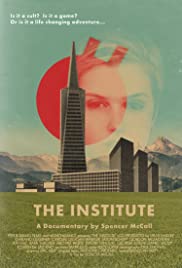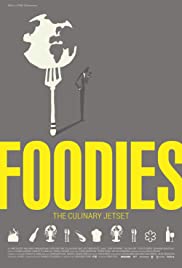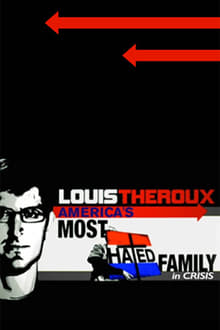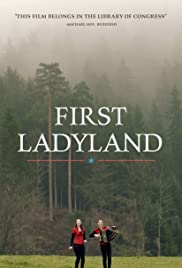
From the first camera to 45 billion cameras worldwide today, the visual sociologist filmmakers widen their lens to expose both humanity’s unique obsession with the camera’s image and the social consequences that lay ahead.
You May Also Like

Men talk openly about their penis, the physical realities of sex, masturbation and erections, and how it feels to be a man. They also tell stories of infertility, violence and sexual abuse. Men of differing sexualities (gay, straight, non-binary and trans), differing cultural and racial heritages are interviewed by the photographer, Ajamu X, as he photographs them. Ajamu himself is gay and black and he proves to be as adept at interviewing as he is at photography.

Thousands of participants in a San Francisco-based alternate reality game end up getting more than they bargained for. Told from the players’ perspectives, the film looks over the precipice at an emergent new art form where the real world and fictional narratives merge to create unforeseen and often unsettling consequences. Examining counter-culture, new religious movements and street art, this film takes the viewer on a journey into a secret underground world teeming just beneath the surface of everyday life.

Glimpse into the world of the songstress known as the “Rock Heroine” as she reflects on the first decade of her career and looks to the future.

Tenor saxophone master Sonny Rollins has long been hailed as one of the most important artists in jazz history, and still, today, he is viewed as the greatest living jazz improviser. In 1986, filmmaker Robert Mugge produced Saxophone Colossus, a feature-length portrait of Rollins, named after one of his most celebrated albums.

This musical celebration charts the lives and careers of some of the biggest selling acts in Irish rock, punk and pop from Van Morrison and Thin Lizzy to The Undertones and U2. From the pioneers of the showbands touring in the late 50s through to the modern day, the film examines their lineage and connections and how the hardcore, rocking sound of Belfast merged with the more melodic, folky Dublin tradition to form what we now recognise as Irish rock and pop.

A documentary on the fine dining subculture of foodies. The interest in haute cuisine has grown exponentially. Now, we enter the world of one of the most influential people on the food scene – the foodie. A subculture of blogging food critics with a mission to eat at the best restaurants on earth. Through our close study, we get access to the world’s most exclusive restaurants and get to know a group of slightly bizarre but charming food maniacs.

Fashion designer John Galliano was widely recognized as one of the most successful names in 1990s and 2000s couture, until his career abruptly ended when he was caught on camera in 2011 hurling antisemitic and racist insults at bystanders in Paris.

An Alabama correction officer falls in love with a man awaiting trial for murder and risks it all to help him escape.

Following up on his 2007 documentary, The Most Hated Family in America, Louis Theroux returns to Topeka, Kansas, for a week-long visit with the Westboro Baptist Church. He again joins the Phelps family on their controversial pickets where they try to antagonise communities with offensive slogans and anti-gay placards. But four years on from Louis’s last visit, there are signs of disarray in the Phelps clan. A series of defections of family members has shaken up the church.

Emanuelle hosts this peculiar sexploitation Mondo film that looks at several examples of bizarre sexual behavior.

Prince William, now Prince of Wales, first-born son of King Charles III and Diana, Princess of Wales, has always been in the spotlight. Born second in line to the throne – he was destined for a life of duty, and of service. Following the death of his dearest and most revered grandmother, Queen Elizabeth II, Prince Williams’ father, now Charles III, ascended to the throne and Prince William took the title of Prince of Wales. His Royal Highness, Prince William is now second in line to the throne, but he has his work cut out, following in his father’s footsteps, and keeping up the tradition of duty and hard work.His destiny is to inherit the crown and succeed to the throne. But how does a Prince prepare to become King?

Melania Trump’s homeland is open for business.